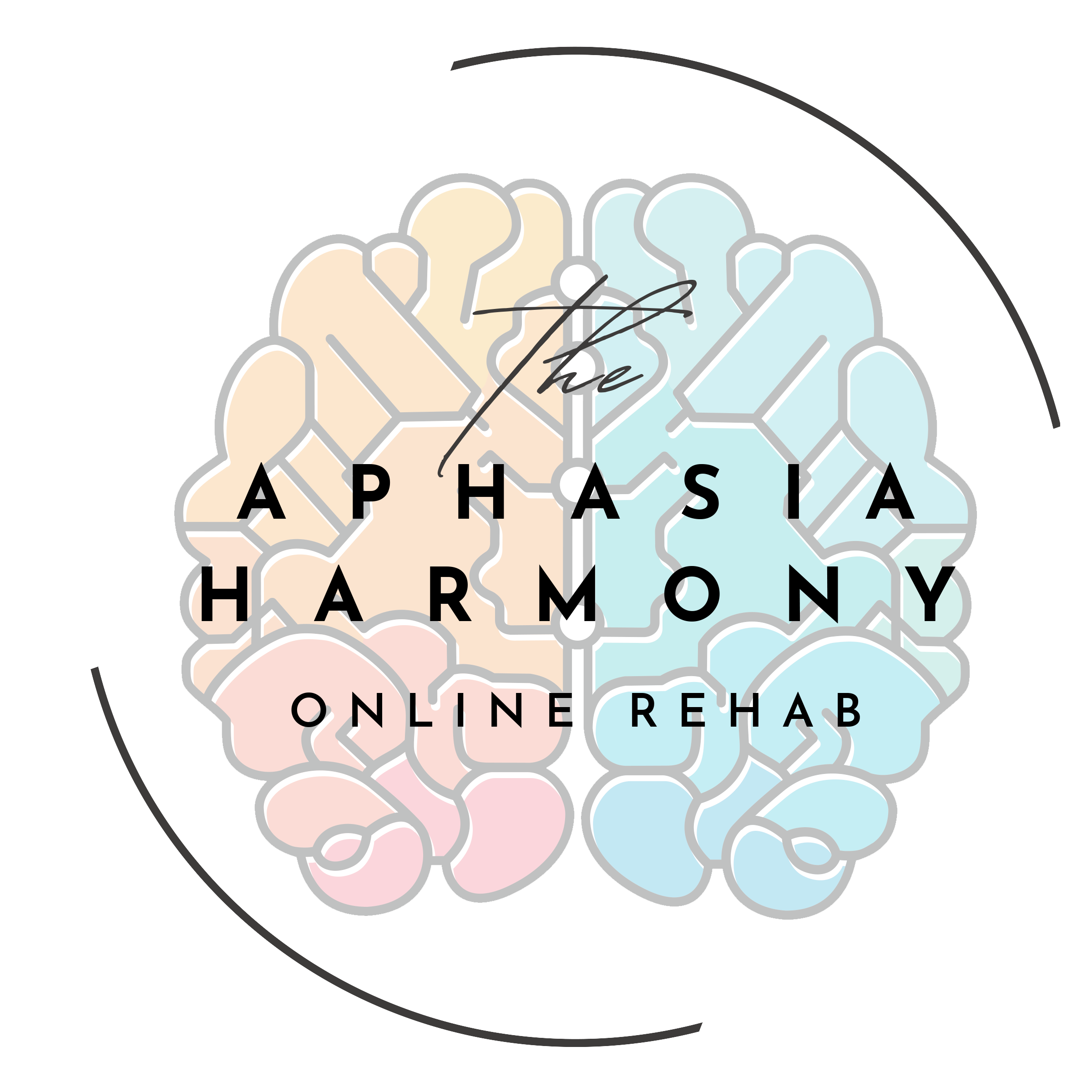FAQs
Who can develop aphasia?
Aphasia most commonly affects adults who have had a stroke or brain injury, but it can also result from neurological conditions such as brain tumors or dementia.
Can aphasia be treated?
Yes, aphasia therapy can help improve communication skills. While recovery varies for each person, speech therapy focuses on restoring language abilities, teaching alternative communication methods, and improving overall quality of life.
What types of therapy do you offer?
- We provide personalized speech therapy for individuals with aphasia, including:
- Teletherapy (online speech therapy)
- Group therapy for social communication practice
Home-based therapy programs
How long does aphasia therapy take?
The duration of therapy varies depending on the severity of aphasia, the individual’s progress, and their participation in therapy. Some people show improvement in a few months, while others may need ongoing therapy.
Do you offer online therapy sessions?
Yes, we provide teletherapy services for individuals who prefer to receive therapy from the comfort of their home. Our online sessions are conducted via video conferencing with a licensed speech-language pathologist.
How can I schedule an appointment?
You can schedule an appointment by contacting us through our website, phone, or email. We will guide you through the process and assess your needs before starting therapy.
How do online therapy works ?
Our online therapy sessions are conducted via a secure platform, allowing you to participate from the comfort of your home. Sessions are interactive, personalized, and guided by experienced therapists
How can family members support someone with aphasia?
Family members can help by:
- Speaking slowly and using simple sentences
- Allowing the person extra time to respond
- Encouraging communication through gestures, writing, or drawing
- Participating in therapy sessions when possible
Do you provide caregiver training or support groups?
Yes, we offer education and training for caregivers, as well as support groups to connect families and individuals with aphasia.
